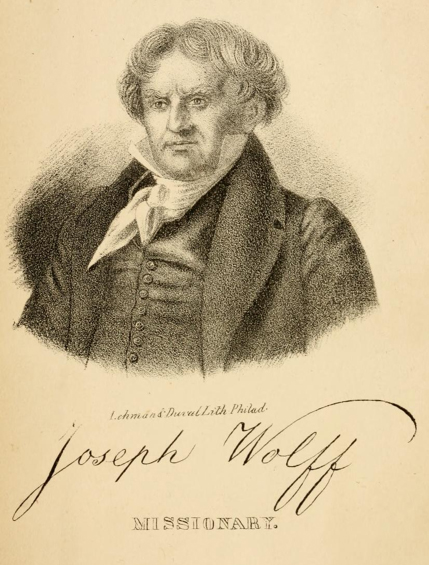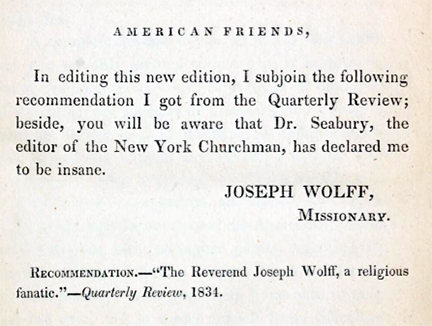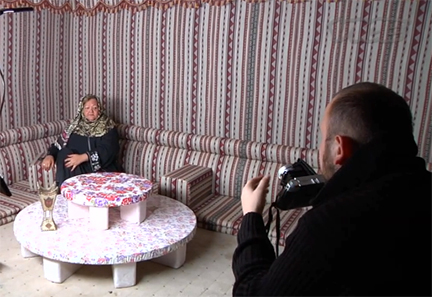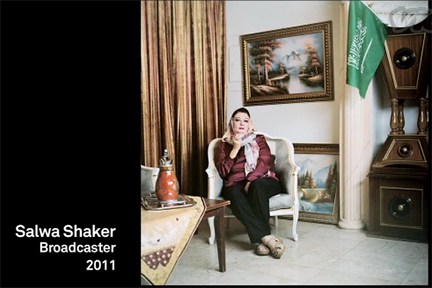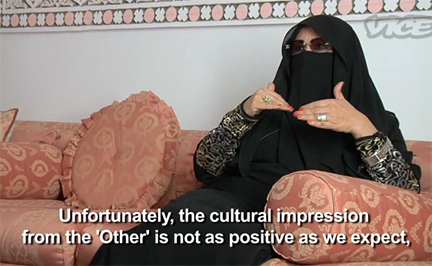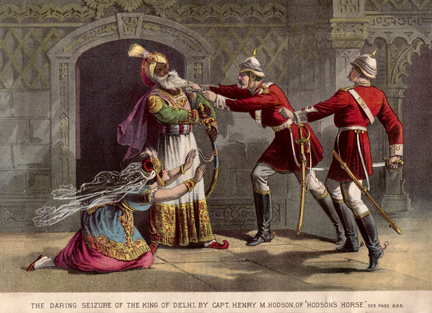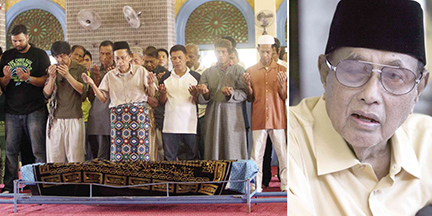
Relatives and supporters pray before the remains of Sulu Sultan Jamalul Kiram III (right) at the Blue Mosque in Maharlika Village, Taguig City. Kiram died Sunday at the age of 75. by NIÑO JESUS ORBETA
By Marlon Ramos, Philippine Daily Inquirer, October 21st, 2013
Read more: http://newsinfo.inquirer.net/510943/sulu-sultan-dies-sabah-claim-lives-on#ixzz2iMXdXXVi
Follow us: @inquirerdotnet on Twitter | inquirerdotnet on Facebook
The ownership claim of the sultanate of Sulu and North Borneo to Sabah will not be buried with Sultan Jamalul Kiram III.
Kiram made this clear to his family before he died at the Philippine Heart Center in Quezon City early Sunday, according to Abraham Idjirani, the sultanate’s secretary general and spokesman.
The 75-year-old sultan, the 33rd crowned ruler of one of the oldest sultanates in Southeast Asia, died from multiple organ failure due to complications of diabetes at 4:42 a.m.
Malacañang offered its condolences to the family of Kiram, who tried to force the government to press his clan’s claim to Sabah through an armed intrusion into the oil-rich territory in North Borneo in February, an adventure that left dozens of Filipinos and Malaysians dead.
But the death of Kiram does not mean the end of the Philippine government’s claim to Sabah, deputy presidential spokesperson Abigail Valte said.
She said the government’s study of the claim that President Aquino ordered in March was still going on.
Kiram’s wife, Fatima Celia, said her husband died in her arms at the hospital. She said that before he died, he ordered his family and followers to keep alive the historic territorial claim to Sabah. Continue reading SULU SULTAN DEAD BUT NOT SABAH CLAIM →
